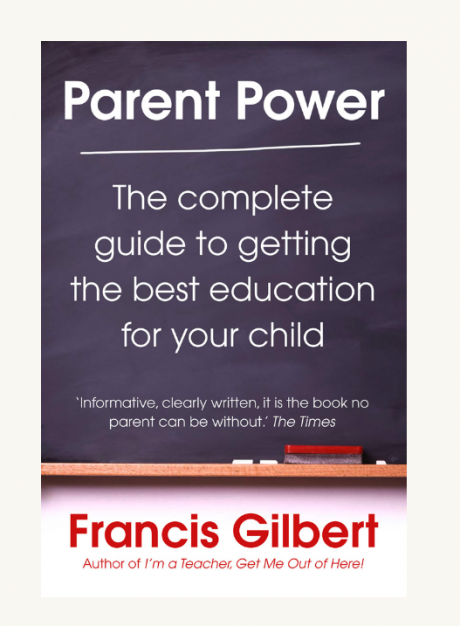archive note
I wrote this article a long time ago, but its message is actually the same as then, even though so much has changed about education since then! Meet the criteria! Show the appeal panel that your preferred school uniquely meets your child’s needs, and the trouble incurred by the school is less than the trouble incurred upon your child by NOT going to your preferred school.

The Government’s announcement this week that parents who have not got their child into their first-choice school should appeal promises to cause mayhem in educational establishments throughout the country.
I should know, because I teach in a top-achieving comprehensive in outer London. In the past, parents angry that their child has failed to gain a place have phoned sobbing, shouted abuse at staff and, in one extreme case, staggered around drunk on the premises raging against the “injustice” of the system.
During the research for my book Parent Power — The Parents’ Guide to Getting the Best Education for Your Child, I spoke to a number of parents whose children had been rejected by popular schools. They all told me about their bitter disappointment. Most of them felt that their child’s life would be harmed if he or she attended the school they had been offered. Many of them followed the Government’s current advice and appealed against the decision.
Then their fun really began. Mounting a “school appeal” is a time-consuming and nerve-racking business. Furthermore, contrary to government propaganda, statistics show that it is often unproductive: roughly one fifth of appeals do not succeed. This is largely because many parents mount emotional appeals that their child needs a place because he likes the look of one school over another, or because his best friend goes to the school, or because he is too clever to go to a poorer-performing school.
These reasons will never succeed because they are not based on what are known as a school’s “admissions criteria”, the rules by which it chooses its pupils. If a parent’s appeal is going to succeed, he or she must prove that the school did not apply its admissions criteria correctly or that the problems faced by the child in going to another school outweigh the trouble for the school in admitting the child.
A third of completed applications are faulty: forms are not filled in fully, vital questions are incorrectly answered, crucial evidence is not provided. The net result may be that a child is not offered a place simply because bamboozled parents have not mastered the bureaucracy of the process.
It is crucial to read the guidance issued by the school to the letter: one tiny slip-up can mean rejection.
Usually, the school or local authority website provides all the relevant details.
Above all, your appeal will need to show that your child does indeed meet the school’s admissions criteria. I have known parents measure the distance between the school and their home with rulers to show that they do indeed live within the catchment area. Other parents trying to get their child into faith-based schools pester their religious leaders for detailed references, in some cases attempting to butter them up with “donations”. In one case, a parent actually pretended to be a pastor in order to get his child into a Christian school.
My advice is always to be honest but put absolutely everything you can think of into your appeal. This could mean showing that your child has aptitude in the school’s “specialisms”, such as drama or sports, or that your child would benefit immeasurably from the unique curriculum the school offers, or that he has special educational needs that can only be catered for at your preferred school. With religious schools some are vague, just asking for evidence that you are practising in that faith. Others are much more hard-nosed, demanding proof of regular church attendance for at least two years. Appeals are not adjudicated by the school or local education authority, but independent “lay” people, usually drawn from the local community. They will consider all parents’ points, including those not part of the school’s admissions criteria. If there are “special considerations” you will need to spell them out fully. I have known of parents who have confessed at appeal meetings that they are ill or disabled, which means their child needs to go a school which is easily accessible by train or bus but not necessarily the closest school, and have succeeded with their appeal. The panel has the power to ignore a school’s admissions criteria.
However, parents do have to bear in mind that they are the biggest single influence upon a child’s results and happiness. A huge amount of systematic and reliable research has shown that children will do well at more or less any school if they are supported positively by their parents.


Leave a Reply